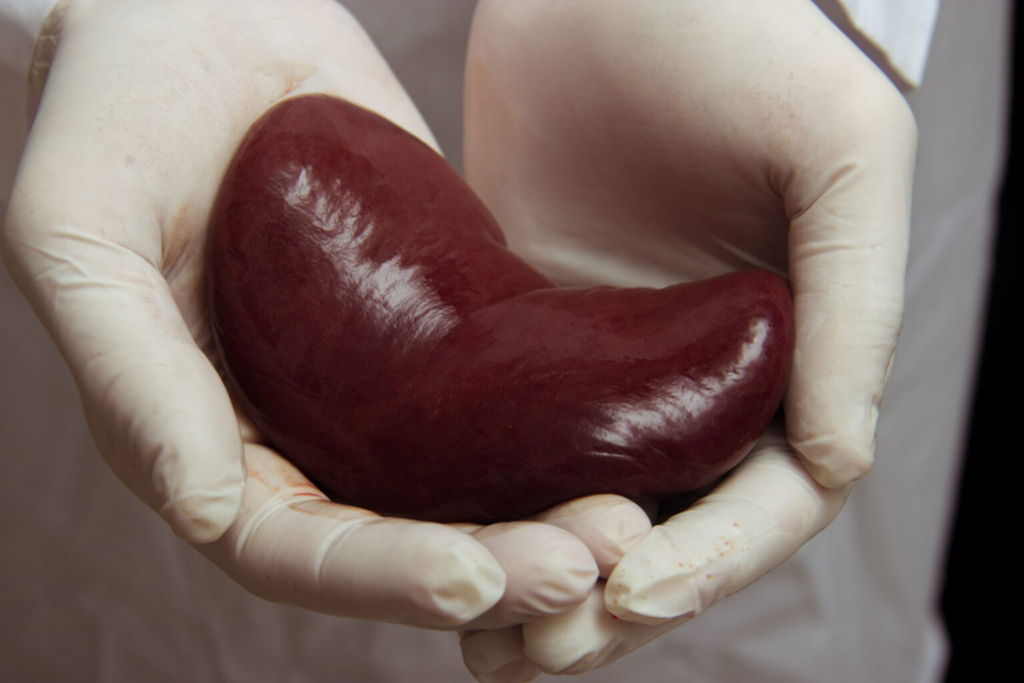Kidney Transplant: A Life-Saving Solution for End-Stage Renal Disease
A kidney transplant is a surgical procedure in which a healthy kidney is placed into a patient with end-stage renal disease (ESRD) or kidney failure. This life-saving treatment offers patients a chance to live without the dependence on dialysis and enjoy an improved quality of life. For individuals whose kidneys are no longer functioning properly, a kidney transplant can be the most effective treatment option.

What Is Minimally Invasive Urologic Surgery?


- Andrology
- Urology
- Minimally Invasive Urologic Surgery
- Ureteroscopy (URS)
- Urethral stricture
- Kidney Stone
- Urinary Tract Infection (UTI)
- Dialysis and Kidneys transplant
What is a Kidney Transplant?
A kidney transplant involves replacing a non-functioning kidney with a healthy one, usually donated by a living or deceased donor. The kidneys are vital organs that filter waste products and excess fluids from the blood, which are then excreted as urine. When the kidneys lose this ability, waste and toxins build up in the body, leading to serious health complications.
While dialysis can help manage kidney failure, a transplant provides a long-term solution, allowing patients to regain near-normal kidney function. Only one donated kidney is needed to replace two failed kidneys, making it possible for a living donor to provide this gift of life.
When is a Kidney Transplant Needed?
A kidney transplant is recommended for individuals with advanced kidney disease or ESRD. Common causes leading to kidney failure include:
- Diabetes: Prolonged high blood sugar levels can damage the kidneys over time.
- Hypertension: Uncontrolled high blood pressure can cause chronic kidney disease (CKD).
- Polycystic Kidney Disease (PKD): A genetic condition characterized by the growth of fluid-filled cysts in the kidneys.
- Glomerulonephritis: Inflammation of the kidney's filtering units, known as glomeruli.
- Obstruction: Conditions like kidney stones or an enlarged prostate can lead to kidney damage if untreated.
Benefits of a Kidney Transplant
A kidney transplant offers several advantages over dialysis, including:
- Improved Quality of Life: Patients often experience more energy, better physical health, and fewer dietary restrictions.
- Longevity: A transplanted kidney can function for 10-20 years or more, offering long-term relief from kidney failure.
- Independence from Dialysis: Transplant recipients are freed from the time-consuming and restrictive nature of dialysis.
- Cost-Effectiveness: Over time, a kidney transplant is less expensive than ongoing dialysis treatment.
Our Expertise in Minimally Invasive Techniques
Dr. Sanket Chaudhari is highly skilled in performing minimally invasive procedures. With extensive training and experience, he ensures that each surgery is tailored to the patient’s specific needs. Utilizing the latest equipment and techniques, Dr. Chaudhari delivers outcomes that enhance patient safety and satisfaction
The Kidney Transplant Process
The kidney transplant process involves several stages:
Patients undergo a comprehensive evaluation to determine their eligibility for a transplant. This includes:
- Blood tests to match compatibility with potential donors.
- Imaging tests to assess the condition of blood vessels.
- Screening for infections or other health issues that could affect the surgery.
A kidney can be obtained from:
- Living Donor: A family member, friend, or altruistic donor who matches the patient’s blood and tissue type.
- Deceased Donor: A kidney donated by someone who has recently passed away.
The transplant surgery is performed under general anesthesia and typically takes 3-4 hours. The new kidney is placed in the lower abdomen, and its blood vessels and ureter are connected to the recipient’s body. The patient’s own kidneys are usually left in place unless they are causing complications.
After the surgery, patients are monitored closely for signs of rejection or infection. Immunosuppressive medications are prescribed to prevent the body from rejecting the new kidney.
Benefits of a Kidney Transplant
The kidney transplant process involves several stages:
Patients often experience more energy, better physical health, and fewer dietary restrictions.
A transplanted kidney can function for 10-20 years or more, offering long-term relief from kidney failure.
Transplant recipients are freed from the time-consuming and restrictive nature of dialysis.
Over time, a kidney transplant is less expensive than ongoing dialysis treatment.
Conclusion
A kidney transplant can transform the lives of patients with kidney failure, offering them a new lease on life. Early evaluation and timely intervention are crucial for achieving the best outcomes. If you or a loved one is suffering from end-stage renal disease, consult Dr. Sanket Chaudhari to explore the possibility of a kidney transplant and take the first step toward a healthier future.
